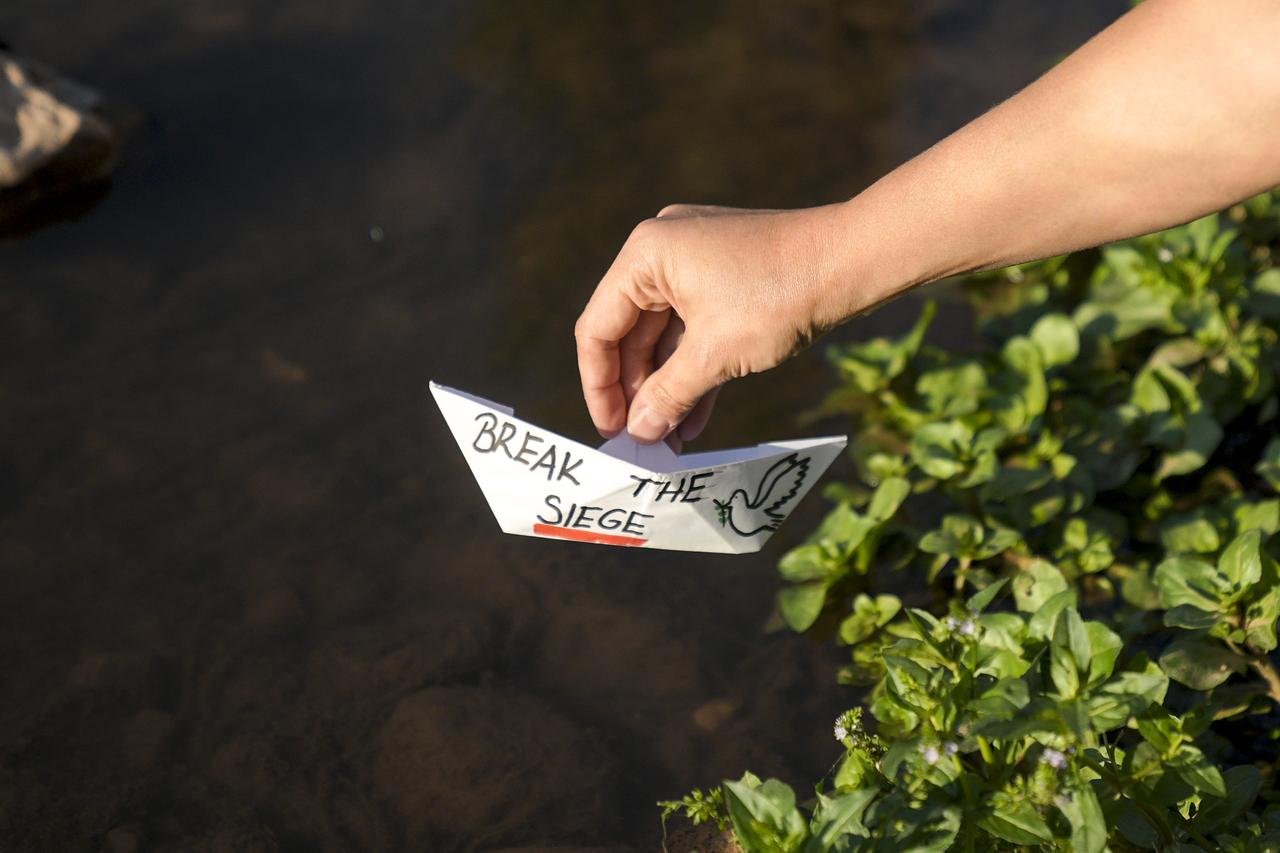
The Global Sumud Flotilla has begun its journey across the Mediterranean with the aim of delivering humanitarian aid to Gaza and challenging Israel’s long-standing blockade.
Catch up quick: A 70-vessel Global Sumud Flotilla is sailing across the Mediterranean to deliver humanitarian aid to Gaza and challenge Israel’s blockade.
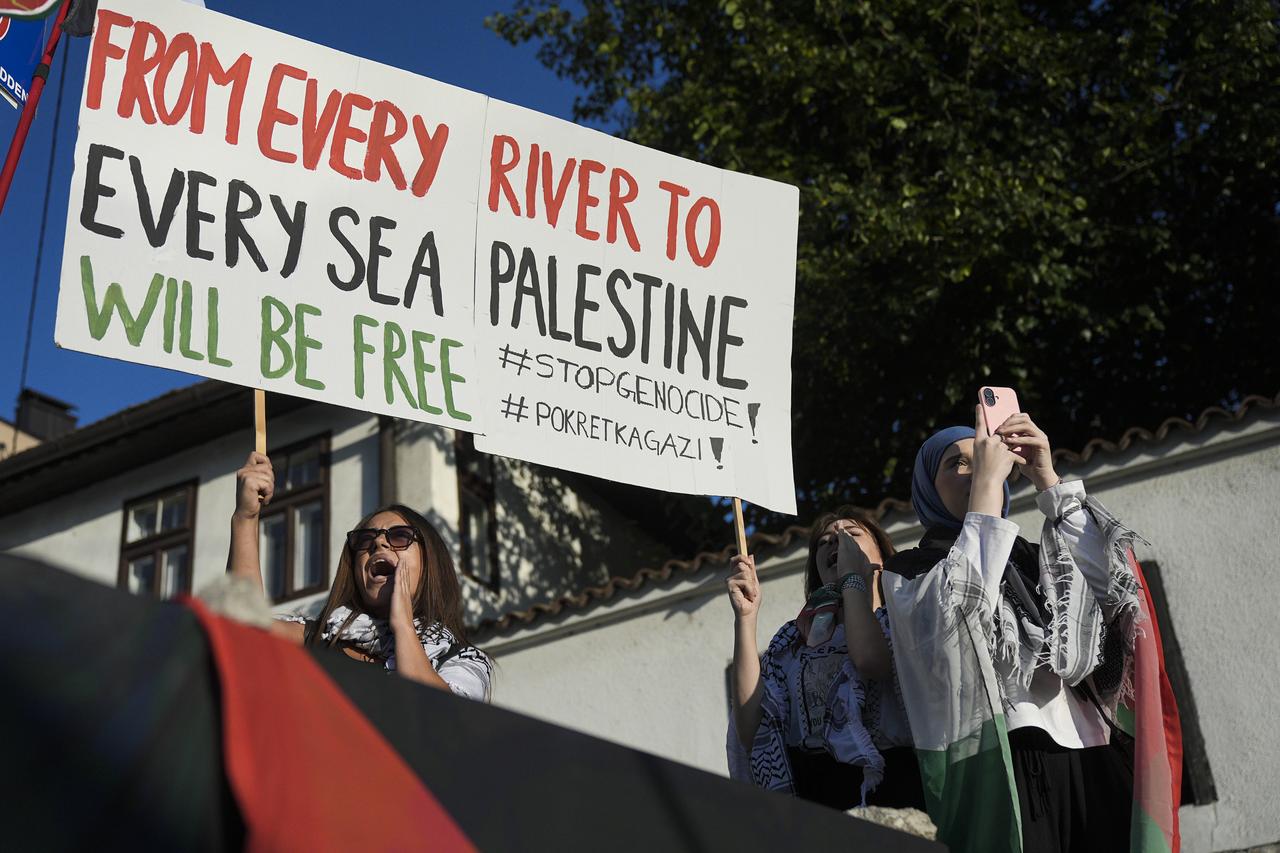
The flotilla includes a large delegation from Türkiye made up of parliamentarians, activists, journalists, and artists.
The political representatives are Sema Silkin Un from the Gelecek Party, Mehmet Atmaca and Necmettin Caliskan from the Saadet Party, and Faruk Dinc from the Huda Party.
“I hope our ship reaches Gaza safely, and we are aware of what we may face in the coming days,” Silkin Un said. Atmaca described the mission as a humanitarian initiative, noting, “This is a peace and humanitarian movement.”
Other Turkish participants include translator and activist Aycin Kantoglu from the "A Breath from Anatolia to Gaza" civil society platform (Anadolu’dan Gazze’ye Bir Nefes), television presenter Ikbal Gurpinar, producer and writer Mehmet Ercan, and civil society representatives such as Mustafa Eminoglu and Ahmet Karaaslan.
Independent Türkiye columnist Ayse Muzeyyen Tasci and German-Turkish activist Huseyin Suayip Ordu also joined from Tunisia.
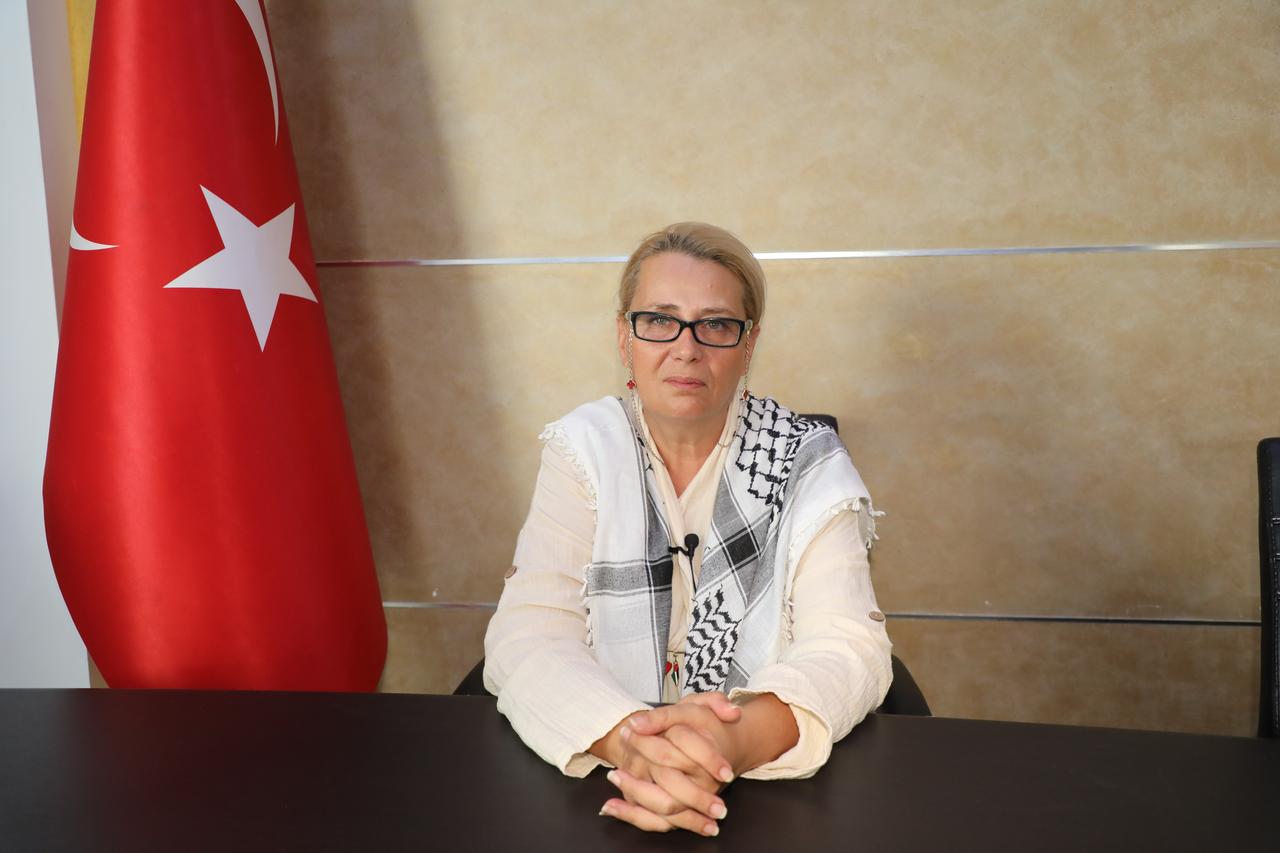
Speaking from Tunisia, Aycin Kantoglu underlined the resolve of the delegation.
“This time, nearly 1,000 activists from 44 countries will try once again to break the blockade,” she said. Referring to Israeli threats, she added, “We are not afraid of the occupier’s army or of anything they want to do.”
Ikbal Gurpinar said her decision to join was based on conscience. “Like the ant that carried water to extinguish Abraham’s fire, I wanted to make my own contribution,” she explained. Stressing the peaceful nature of the mission, she added, “Our aim is to show that this can be resolved with goodwill.”
Both participants highlighted that no weapons or military equipment are on board, framing the initiative as non-violent resistance.
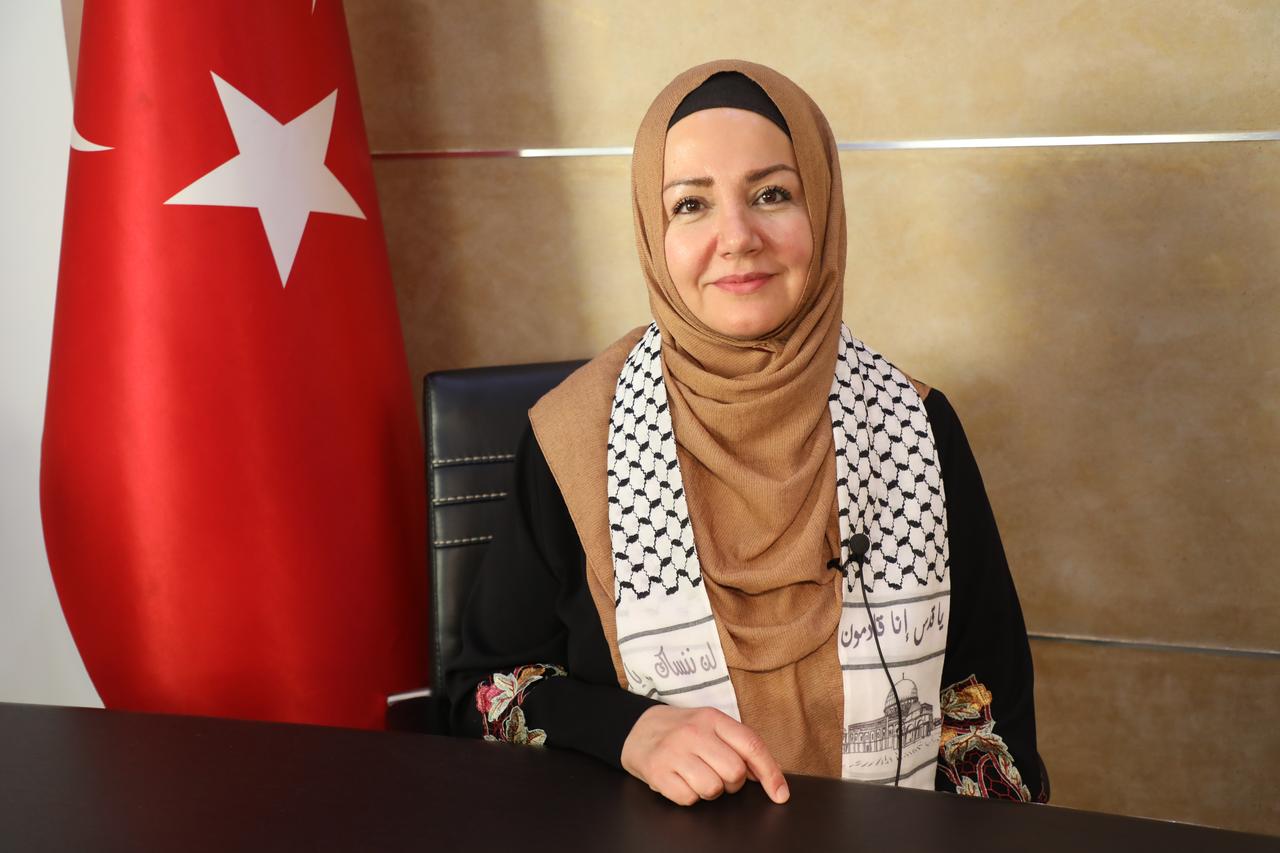
The convoy carries more than 300 tons of food, water, medicine, and hygiene supplies.
Organizers also want to draw attention to the 22,000 trucks of aid that remain blocked at border crossings.
Israel has imposed a strict blockade on Gaza since 2007, citing Hamas’ control, and it continues to restrict goods and movement through the Kerem Shalom and Erez crossings.
Tunisia serves as the flotilla’s final launch point, with more than 150 participants gathered there after weeks of preparation. Organizers announced, however, that the Maghreb Sumud Flotilla would delay its joint departure until Sept. 7 to synchronize with the larger Global Sumud Flotilla.
The decision followed bad weather in the Mediterranean that delayed vessels leaving Barcelona earlier in the week. “The rescheduling will allow for stronger coordination worthy of such a major global event,” organizers said in a statement.
This latest initiative follows a long series of civilian flotillas that have tried to break the Gaza blockade since 2008. While some boats reached the enclave in the early years, most missions were intercepted, including the Mavi Marmara in 2010 and the more recent Madleen and Handala sailboats in 2025.
Despite the risks, activists see these missions as vital in keeping global attention on the humanitarian crisis in Gaza.
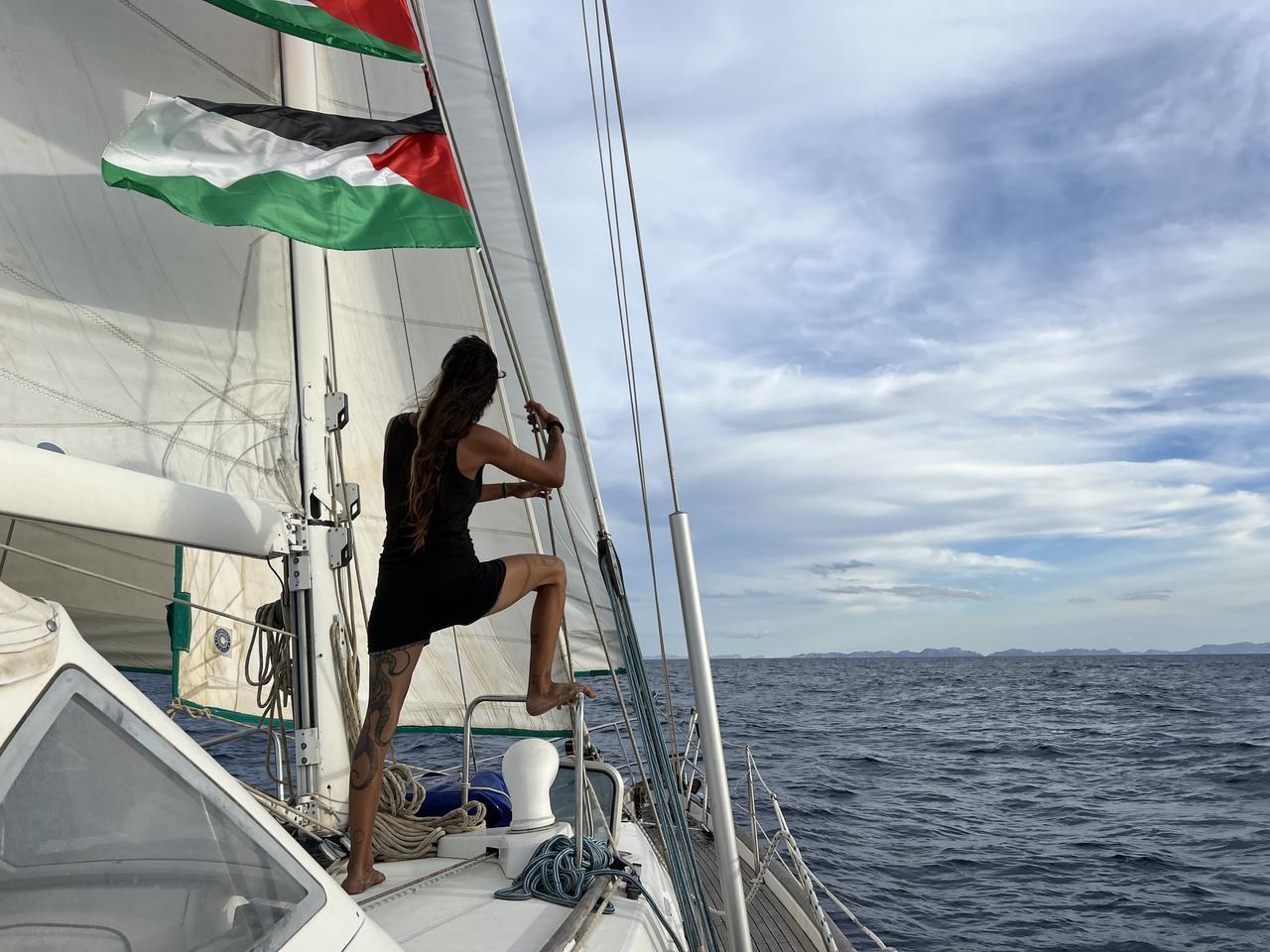
Turkish parliamentarians stressed that they had to travel abroad to join the convoy because no ships were allowed to depart directly from Türkiye.
Necmettin Caliskan of the Saadet Party said, “Türkiye does not permit these kinds of initiatives to leave its ports. Relations with Israel continue. This is a disgrace for our country.” He pointed to earlier attempts where ships were blocked before departure.
The flotilla also includes well-known international figures such as Swedish climate activist Greta Thunberg, Irish actor Liam Cunningham, Spanish actor Eduardo Fernandez, and former Barcelona mayor Ada Colau.
The flotilla has become a point of contention in international politics. Israel’s Ambassador to France, Joshua Zarka, mocked the mission during a Radio J interview, saying he wished participants “good luck in staying alive” and dismissing it as “a media stunt for third-rate politicians.”
His remarks sparked a backlash in France, where Thomas Portes of the left-wing La France Insoumise party called for Zarka’s expulsion and described Israel’s policies in Gaza as genocide and apartheid.
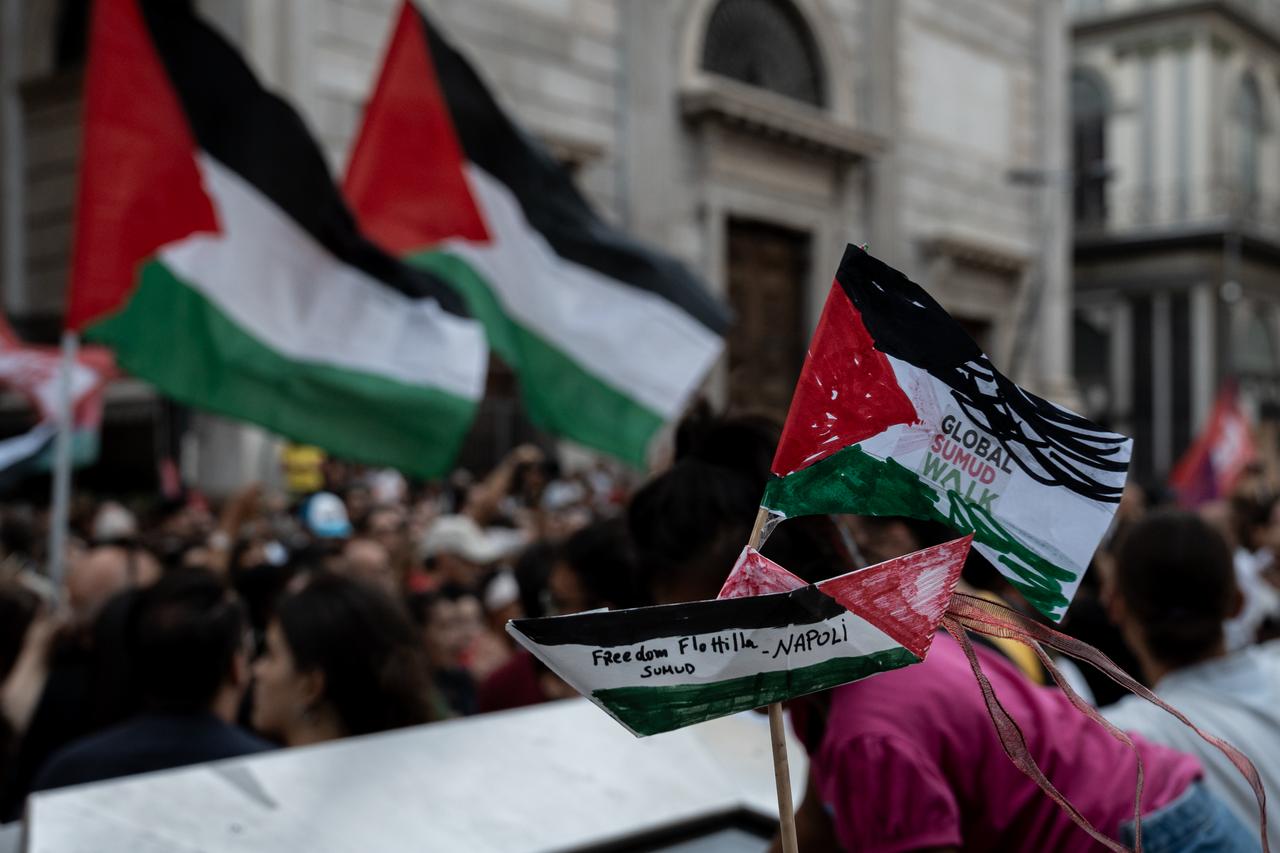
The name of the flotilla carries symbolic weight. “Sumud,” meaning steadfastness in Arabic, emerged after the 1967 Six-Day War as a concept of Palestinian civil resistance.
It describes efforts to remain on the land, preserve cultural identity, and resist occupation through non-violent means such as community building and cultural expression.
As the ships move toward Gaza, participants remain aware of the risks. Previous attempts to break the blockade, such as the Madleen and Hanzala vessels earlier this year, were intercepted by Israeli forces.
Still, the activists on board say they are prepared, convinced that their presence at sea represents both humanitarian urgency and a wider moral stand against siege and suffering.